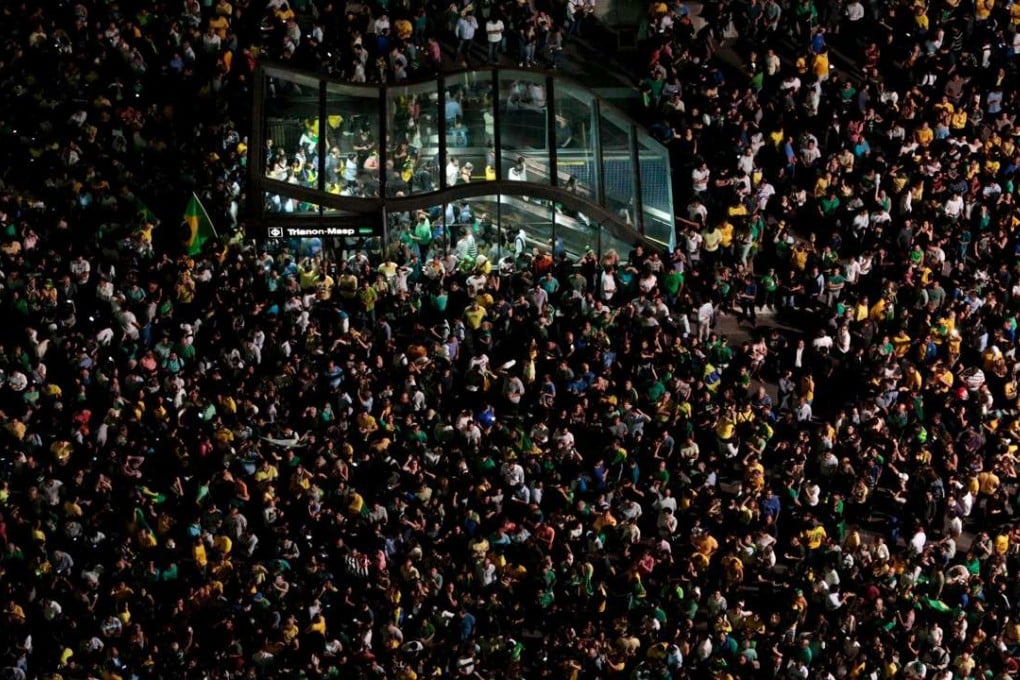Despite arrests and crackdowns, corruption remains a scourge in major economies
Manjit Bhatia says from Brazil and China to India and Malaysia, cosy political-business networks are a feature of some modern capitalist economies, and rooting them out is proving a huge challenge

In the latest phase of their investigation, Brazil’s prosecutorial authorities have been going after former president Luiz “Lula” Inácio Lula da Silva. He has been accused of corruption during his term in office between 2003 and 2010, particularly for allegedly owning a luxurious condominium in Guarujá, a posh beachside suburb in São Paulo, which he had not paid for. And between 2011 and 2014, he is alleged to have received payments totalling US$8 million.
Investigators claim the conduit between Lula and his corrupters is Petrobas, the state oil company.
In a widening investigation now going into its third year, the presiding judge, Sérgio Moro, has already snared a number of top politicians and businesspeople. Most recently, Marcelo Odebrecht, head of a major construction firm, was sentenced to 19 years’ imprisonment for corruption.
Meanwhile, Dilma Rousseff, who replaced Lula as president, is facing a growing public revolt. Millions of Brazilians have marched in the streets in more than 400 cities to show their distrust and displeasure at her incompetence and the worsening corruption in Brazil, one of the BRIC countries often lauded to lead world economic growth this century. But what is the chance that this sort of crackdown will rub off in Russia, India and China?
READ MORE: Brazil police detain ex-president Lula in huge corruption probe
